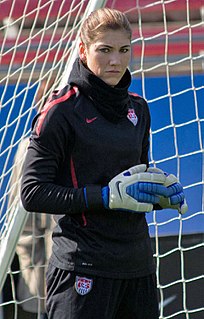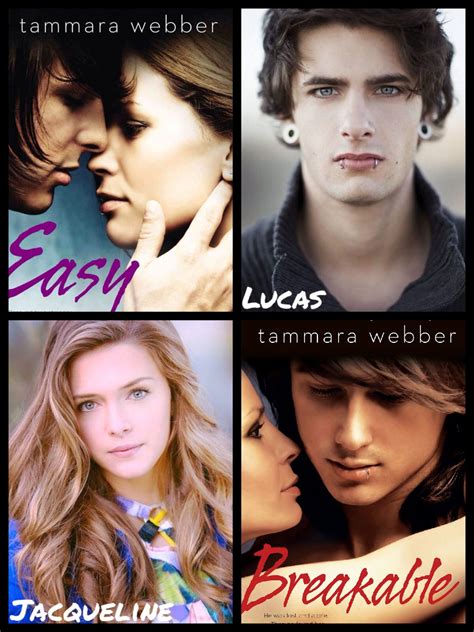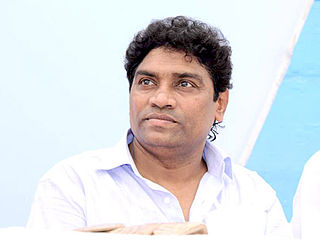A Quote by Stephen Graham Jones
Making people laugh is so much more difficult than making them sad. Too much fiction defaults to the somber, the tragic. This is because sad endings are easy in comparison - happy endings aren't at all simple to earn, especially when writing to an audience jaded by them.
Related Quotes
You can see desperation in people who are too eager to laugh because they're in such a hurry not to look at what's confronting them in their lives and that's kind of sad because there's a kind of pornographic aspect to it, of making some sort of pain go away, of hovering around a pain, making yourself numb, not feel anything.
Madge: I don't know why I keep shouting at them. The Doctor: Because every time you see them happy you remember how sad they're going to be. And it breaks your heart. Because what's the point in them being happy now if they're going to be sad later. The answer is, of course, because they are going to be sad later. ~ The Doctor, the Widow, and the Wardrobe


































